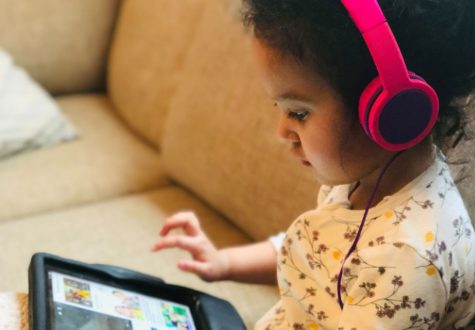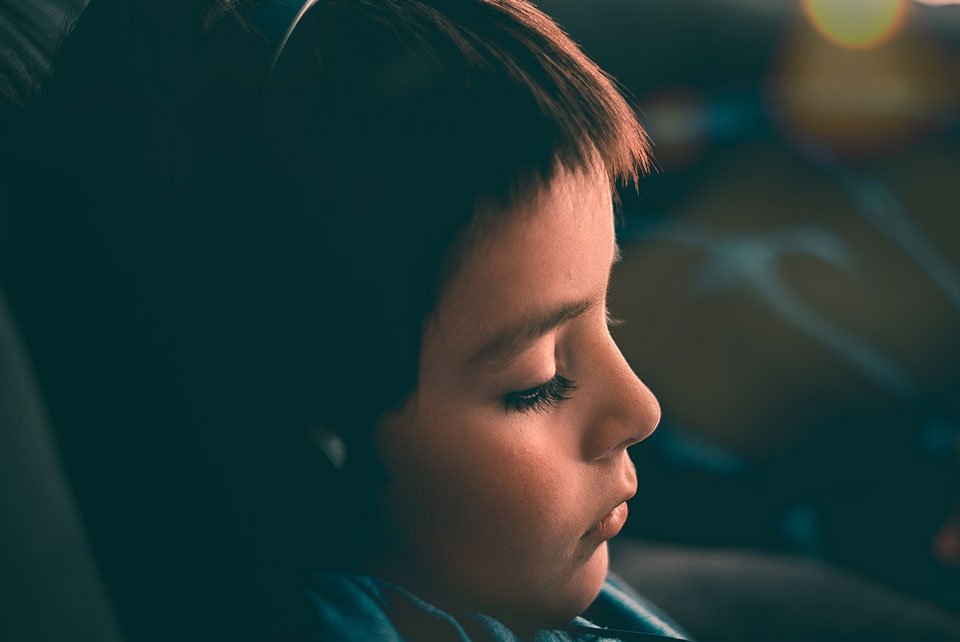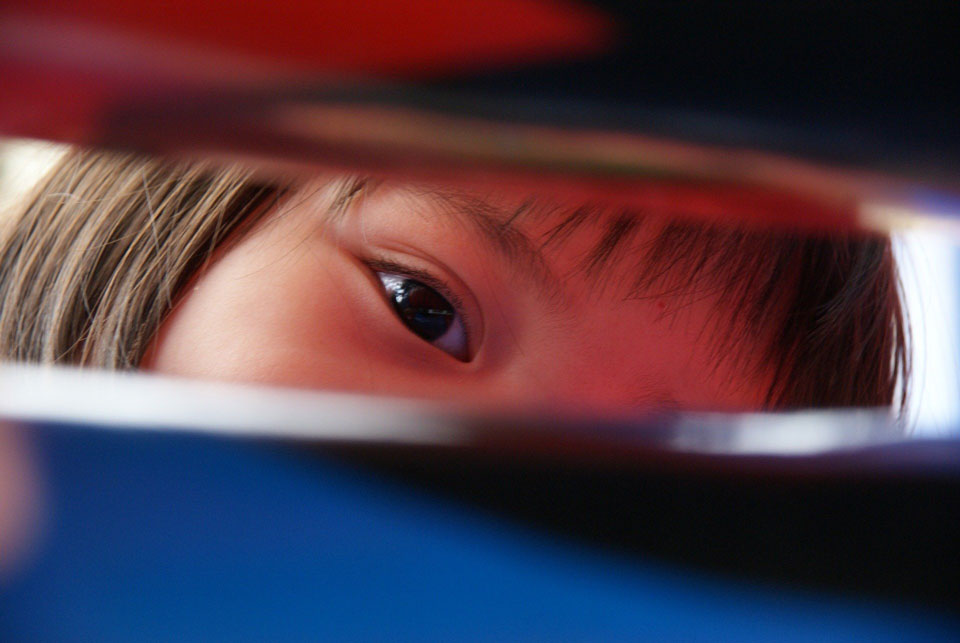Supporting Children with Dual or Multiple Exceptionality

In order to avoid problems and to support them to meet their potential, children with dual or multiple exceptionality (DME) need recognition and understanding both at home and at school. Most fundamentally, they need support both for their high potential and their difficulty or disability as supporting one without the other will cause further pressure or frustration.
Supporting Dual or Multiple Exceptional Children at Home
Children with dual or multiple exceptionality need the following support in their home environments:
- Understanding of their talents and weaknesses
- Appreciation of the mental energy used in functioning well and the effect that this has on emotional regulation and behaviour
- Good relationships with parents, siblings, other family members and friends to preserve their self-esteem
- Their talents recognised as well as their weaknesses in order that they have a sense of belonging and self-worth
- The opportunity to experience success through activities, after school clubs and home learning.
- The opportunity to develop independence, which may take considerable thought on behalf of parents where there are learning difficulties
- Support to manage their emotions and to express their frustration in appropriate ways
- Positive social experiences that will give them stimulating peers and confidence in their abilities
- Areas of interest and strength which can be used as motivation to work on areas of weakness
Dual or multiple exceptional children often need the most nurturing when they are coming home from school or an outing. Anxiety, issues that have arisen and the energy it takes for them to deal with school or an outing means that this is the time when they are most likely to suffer from emotional meltdowns.
It is also important that parents have good working relationships with educational environments to ensure that their child’s needs are met.
Supporting Dual or Multiple Exceptional Children in Education
Children with dual or multiple exceptionality need to have recognition and understanding of both their special educational needs and their areas of high potential, including the correct identification of this and the right supports in place. In addition, they need to have challenging work in their strength areas so that they can develop these skills and build resilience in an area of strength.
Many children with dual or multiple exceptionality benefit from an Individual Education Plan that addresses both their special educational needs and their advanced abilities.
The frustration experienced by children with dual or multiple exceptionalities needs to be understood by adults in the education setting, so that they are best-placed to deal with issues that may arise and to avoid resulting emotional problems and negative behaviours. The emotional problems and negative behaviours that often result from a lack of recognition and understanding about dual or multiple exceptionality can lead to school exclusion and school refusal in many cases.

Dual or Multiple Exceptionality Advice Sheet
For more information on how to support children with dual or multiple exceptionality at home or in school, see our free advice sheet F01 Dual or Multiple Exceptionality.

